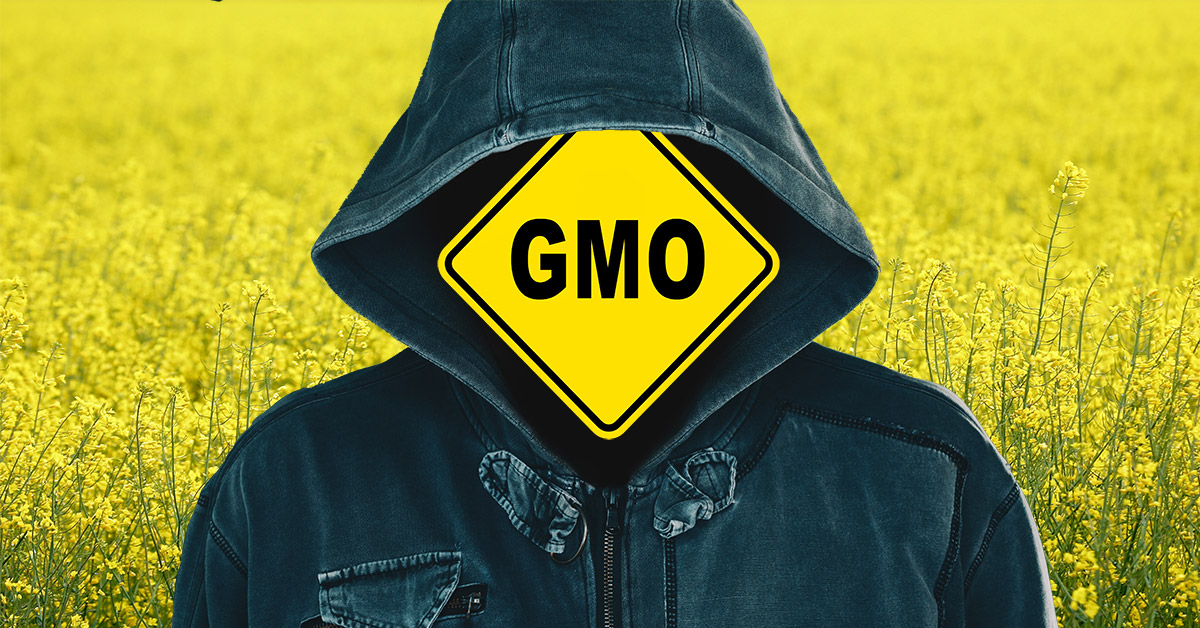
First open source detection test for a gene-edited crop and what it means for us – register for webinar
You are invited to a Zoom webinar:
Nov 11, 2020 02:00 PM London (GMT)
Topic: When Hidden GMOs Can't Hide Any More - First Open-Source Detection Test for a Gene-Edited Crop and What It Means For Us
Speaker: Dr John Fagan
Register in advance for this webinar:
https://zoom.us/webinar/register/WN_wyolW8xIQw-NlD1mfFrFww
After registering, you will receive a confirmation email containing information about joining the webinar.
Background
In September this year a group of scientists announced the first ever open source detection test for a gene-edited crop – Cibus’s gene-edited herbicide-tolerant canola. The research to develop the test was carried out by a consortium led by Dr John Fagan at the Health Research Institute (Iowa, USA). Now for the first time, EU member states can test imports for the illegal presence of the gene-edited canola, which is not authorised for import into the EU.
The announcement of the test drew a shock response from regulators and Cibus itself, with the company even denying that the canola was gene-edited. The problem with this claim is that Cibus had previously said that it was gene-edited!
In a webinar hosted by the Alliance for Food Purity, Dr John Fagan will tell the story of the new detection method, the unexpected responses to its discovery, and the importance of these events for citizens everywhere.
He will also explain how we all – as advocates for transparency and safety in the food system – can use the test as a catalyst to motivate government regulatory labs to begin testing for gene-edited contaminants in imports.
He will be happy to answer questions from the audience.
About Dr John Fagan
Dr Fagan is a leading authority on sustainability, traceability, and transparency in the food and agriculture systems. He is a successful entrepreneur in the field of biotechnology, having founded a company that pioneered the development of molecular biological tools to verify and advance food purity and safety.
He is co-founder and chief scientist at the Health Research Institute, a non-profit research and educational institution that applies cutting-edge analytical methods to understand the relationships between agricultural practices, the levels of micronutrients and chemical residues in crops, and consumer health.










